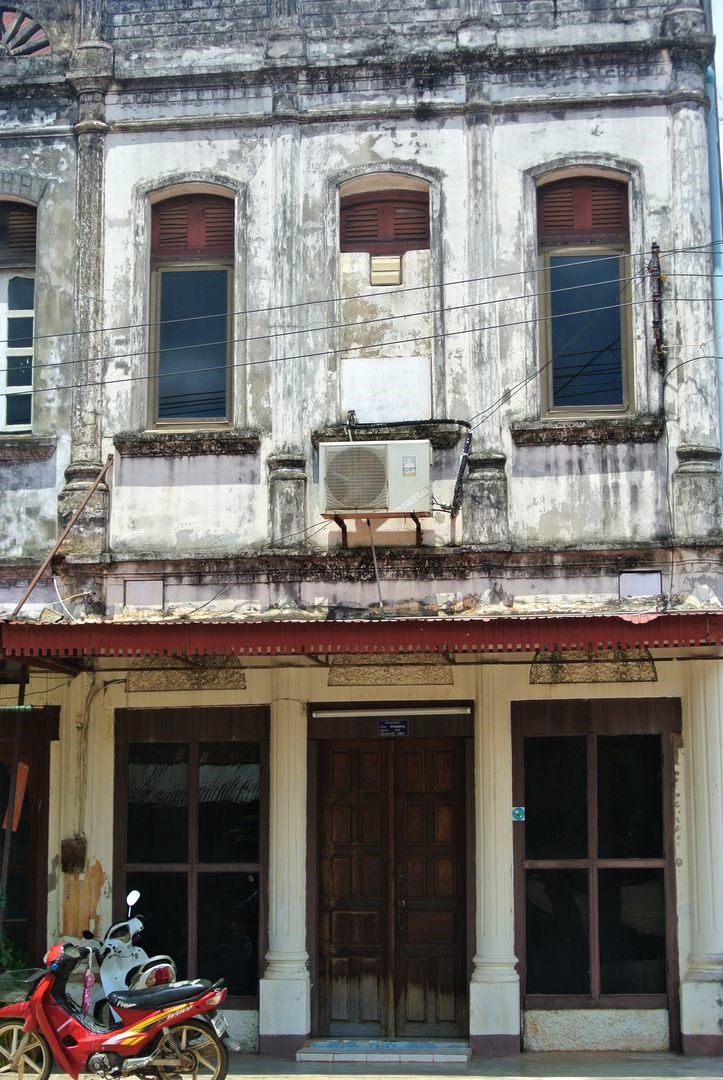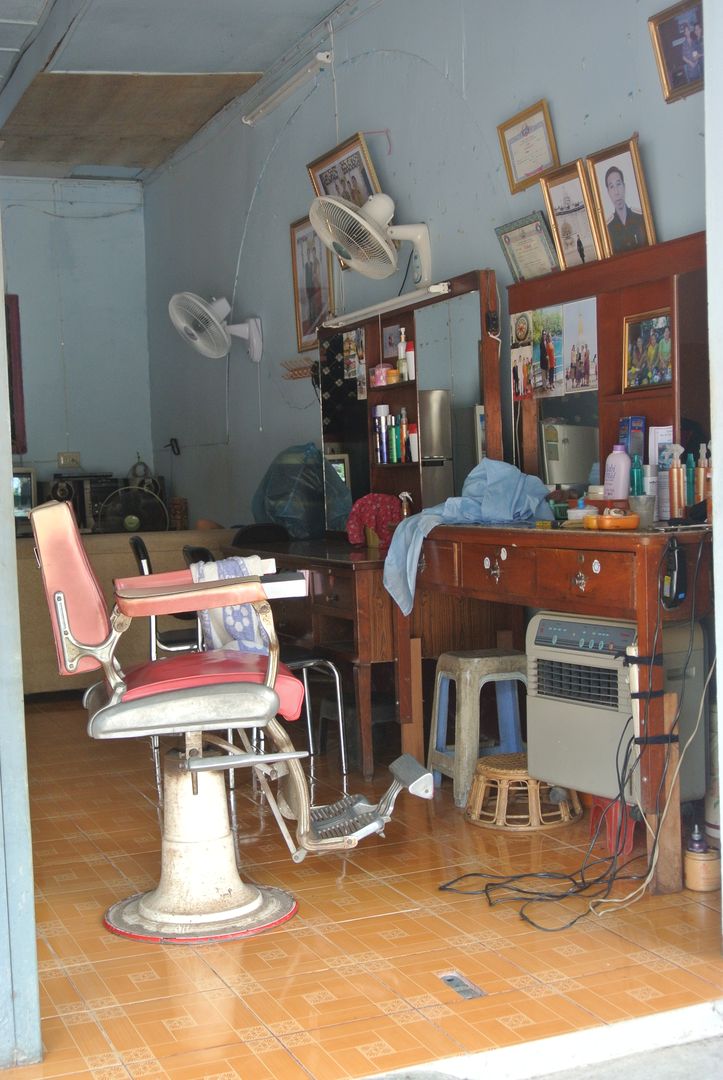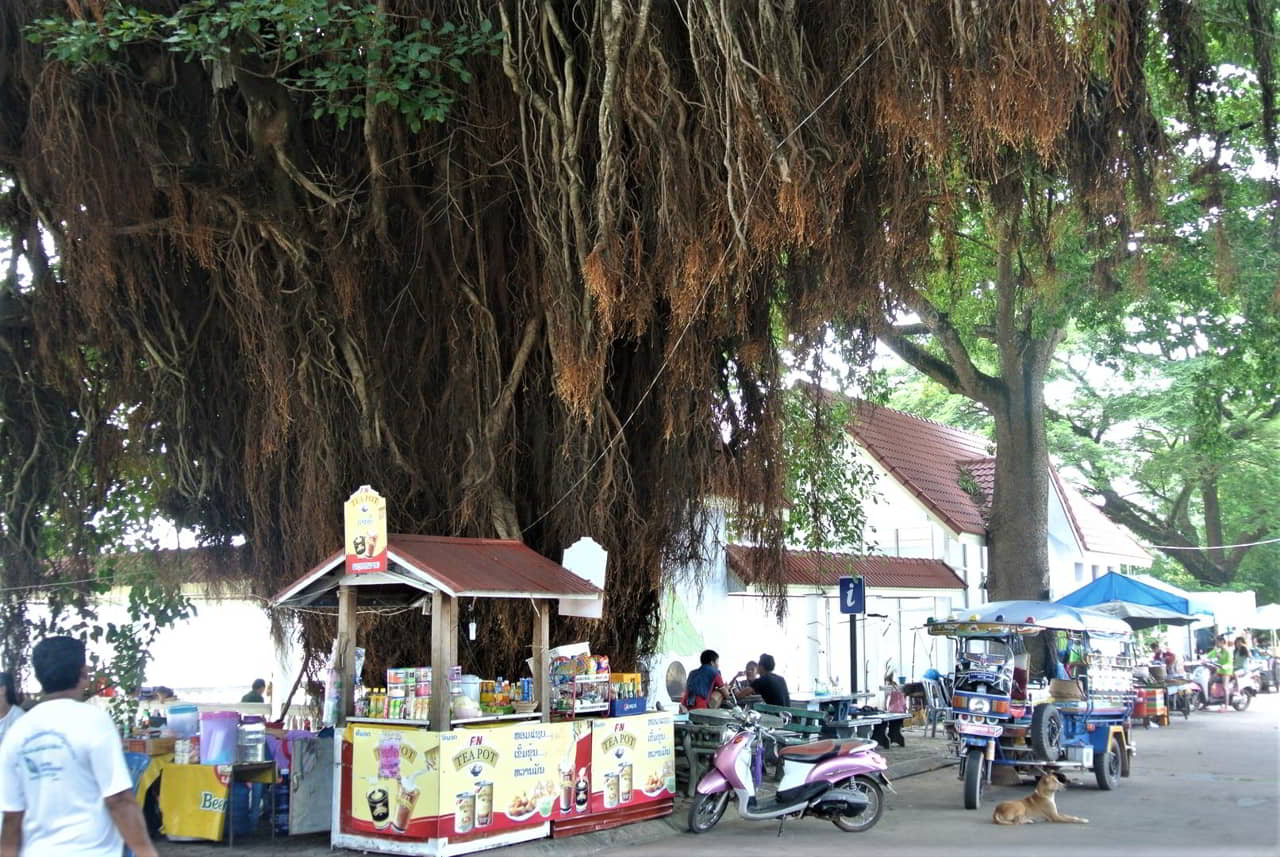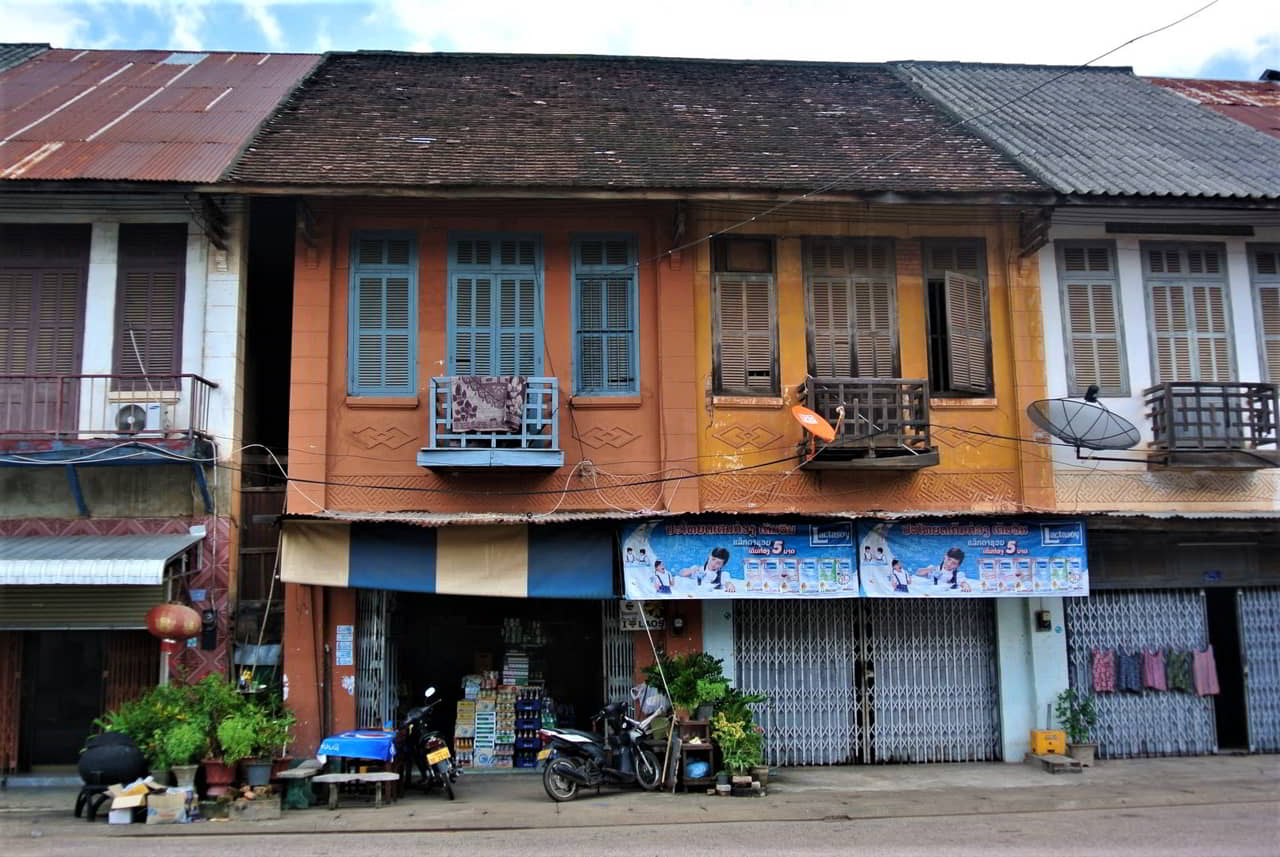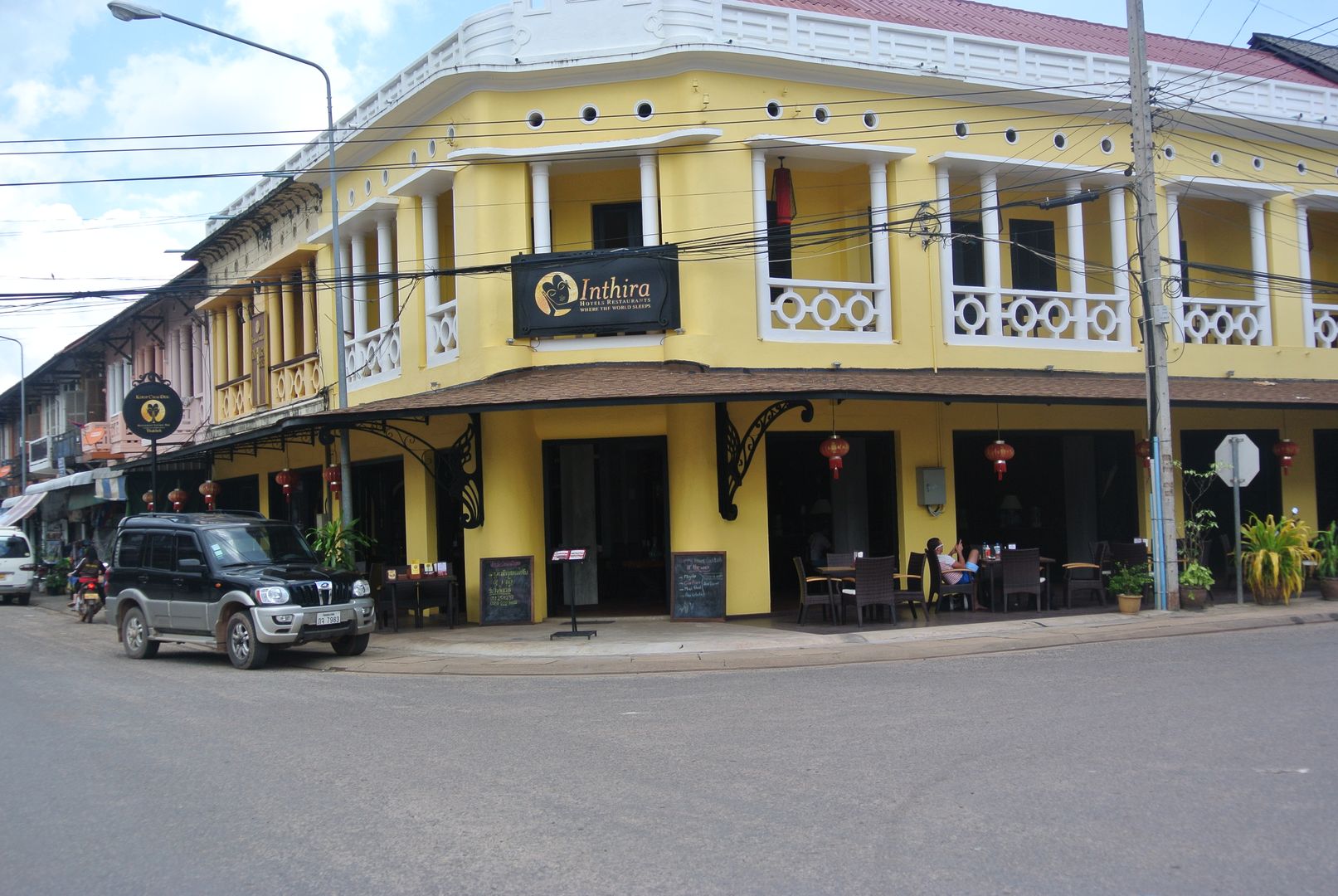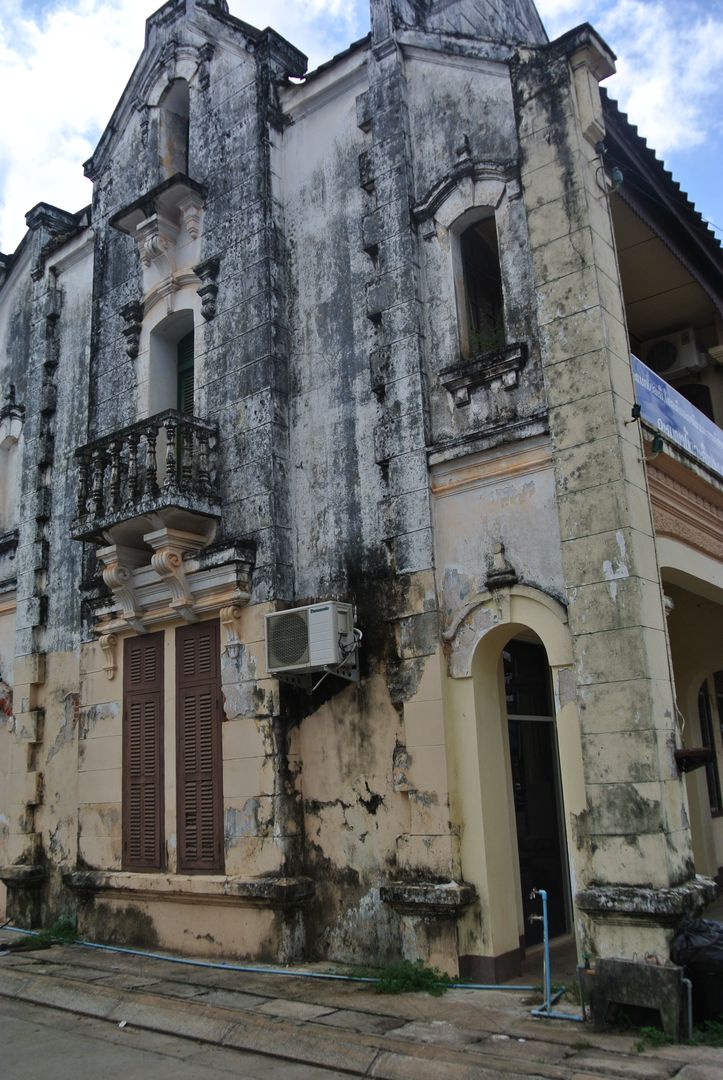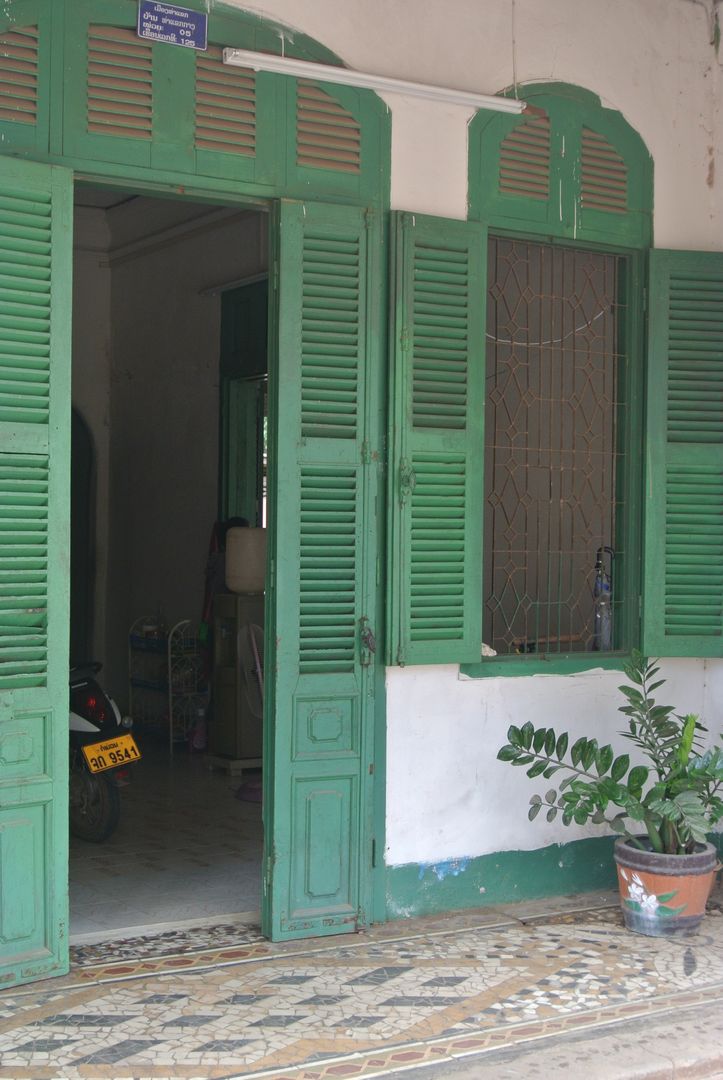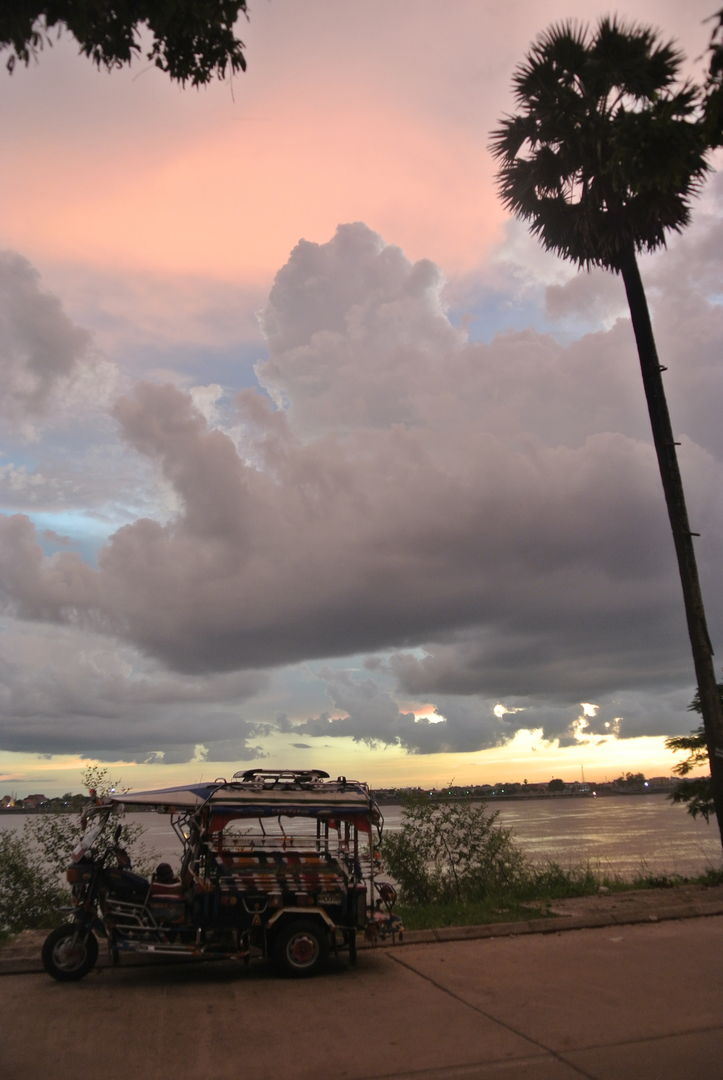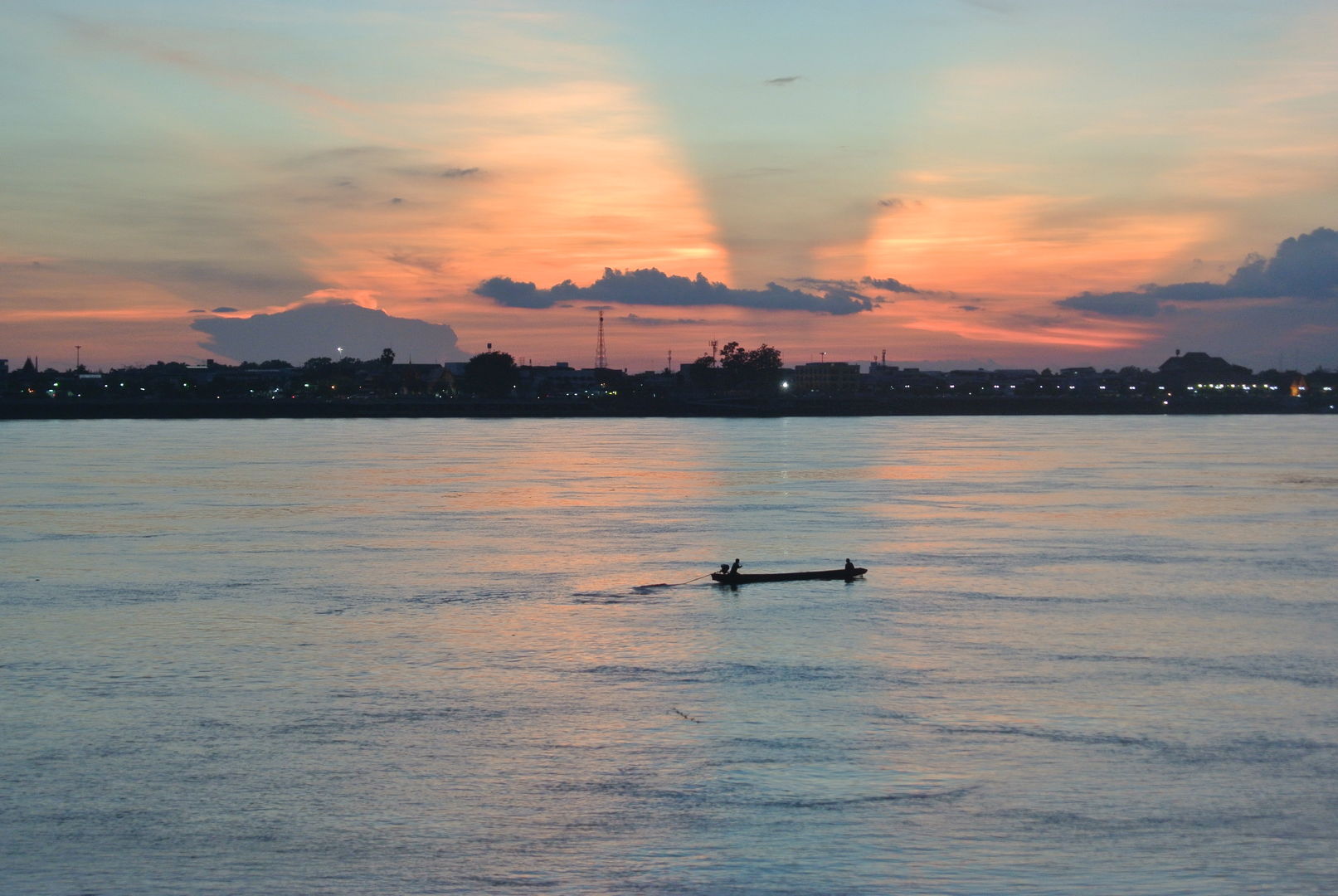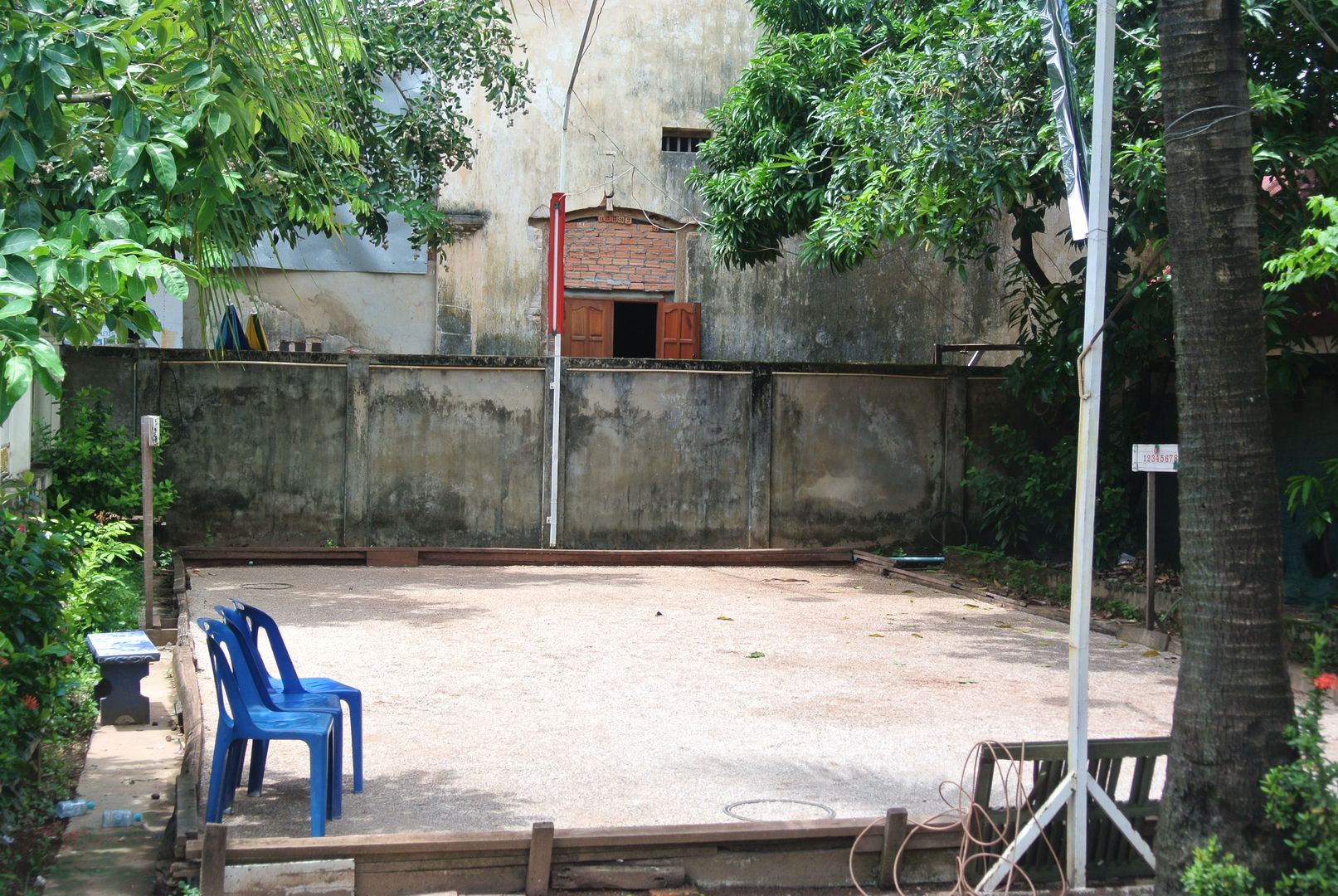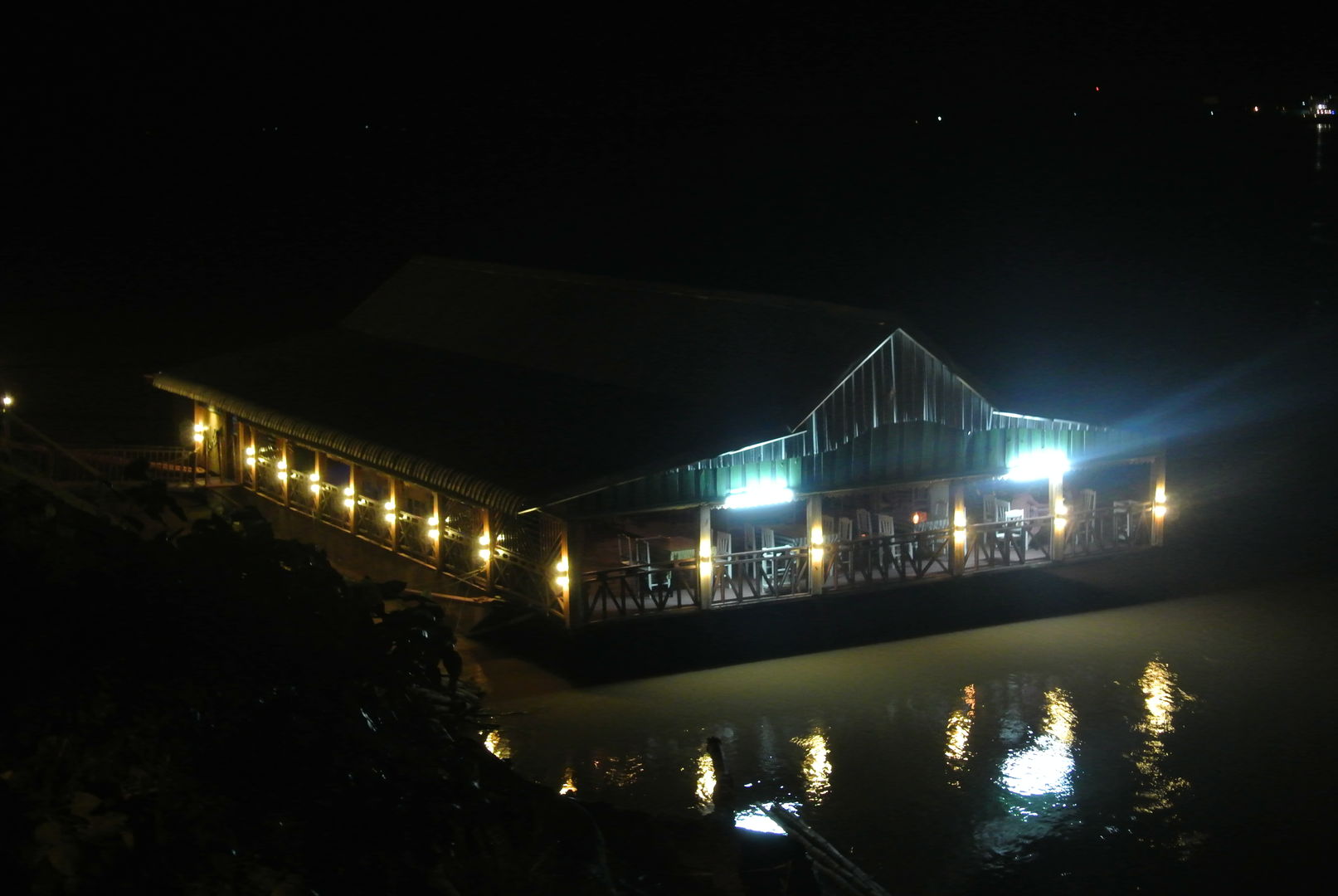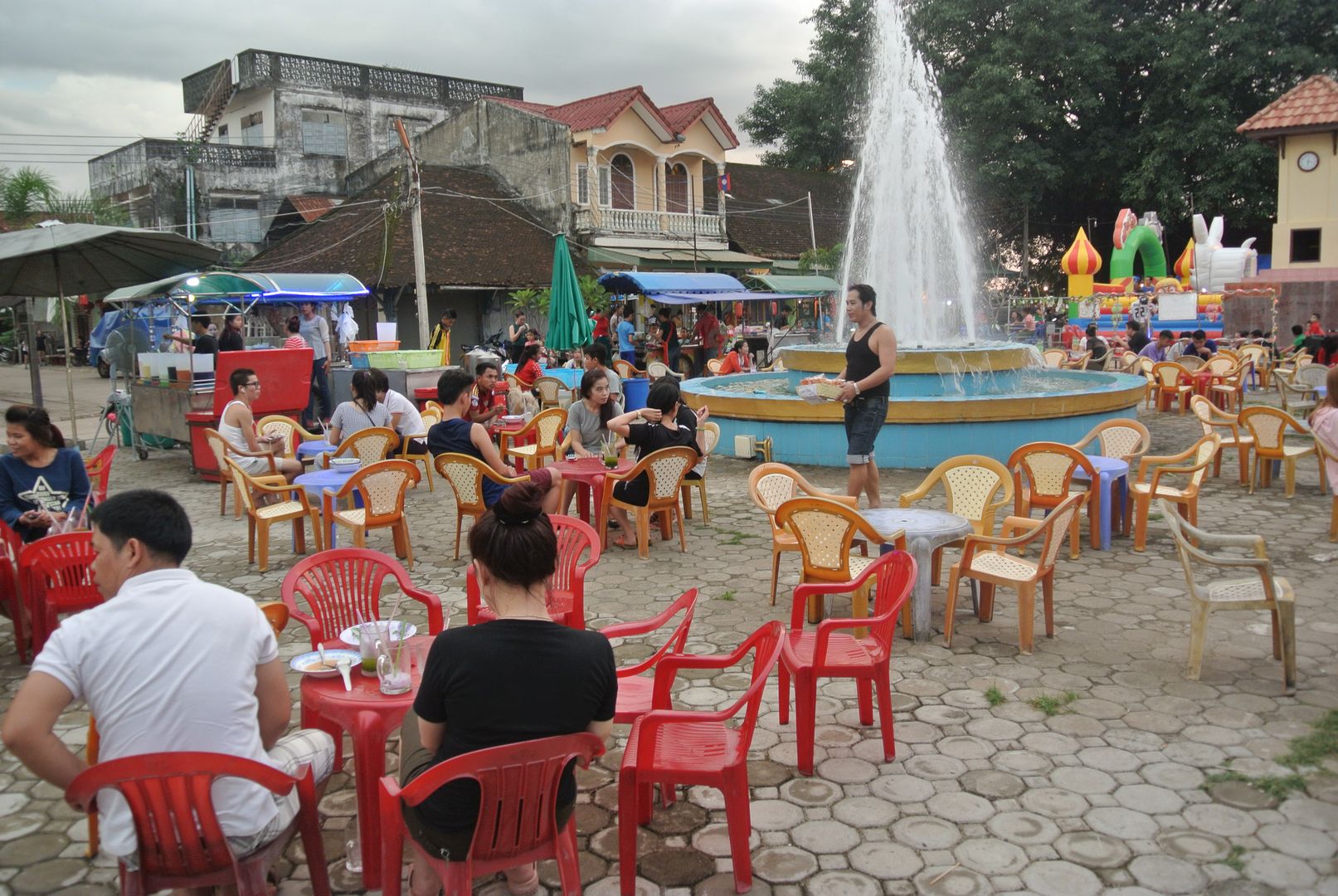
Thakhek, Laos: History, Culture, and Colonial Heritage
Thakhek, a charming town in Laos, lies peacefully across the Mekong River from its Thai neighbor, Nakhon Phanom. Initially, it may seem unremarkable to the hurried traveler, but beneath its tranquil exterior, Thakhek boasts a rich cultural heritage, fascinating history, and a discreet legacy of French colonial presence.
Discovering Thakhek, Laos
Stepping into Thakhek from the bustling capital Vientiane the town feels like a haven of tranquility. The first thing that catches the eye is the central square, surrounded by small, weathered houses. It’s not very large but features a traditional French-style fountain. At one end, a giant banyan tree provides a welcome shade for a few vendors selling drinks and grilled chicken skewers.
Historical Insights and Memories
Behind the town, the Mekong River flows peacefully. This natural border between two countries turned blood-red on March 21, 1946. On this day, French and Laotian forces entered Thakhek, predominantly inhabited by the Vietnamese community, leading to a massacre of around 3000 civilians. Two Catholic priests, Father Tenaud and Father Cavailler, played significant roles. Their expected moral guidance was absent, and through their silence, they indirectly condoned the atrocities. Although they testified years later, their failure to control their troops remains a dark stain on their legacy.
Time passed with no condemnation or acknowledgment. In 1975, red appeared again along the Mekong—not from a massacre, but from a communist revolution, marking the end of French presence.
The Unique Atmosphere of Thakhek
Though the country remains communist, its revolutionary red has softened into a more commercial shade, symbolized by Coca-Cola. The early 2000s saw a push towards liberalization, and Thakhek has benefited modestly. The region has even created a motorbike tour for travelers, with Thakhek as the endpoint. Renting a motorbike for four days, travelers can explore routes leading from caves to rice paddies, offering a scenic adventure. Yet, Thakhek itself is in no rush to join the tourism frenzy, maintaining a charmingly modest ambition.
Preserving Thakhek’s Cultural Heritage
The town’s buildings remain largely unchanged, featuring a petanque court where locals of all ages relax and play. Visitors can stroll to the Mekong’s edge and immerse themselves in the works of Jean Hougron, particularly his novel set in Thakhek, “You Will Reap the Storm”.
In essence, Thakhek offers visitors a peaceful retreat in this charming town.




